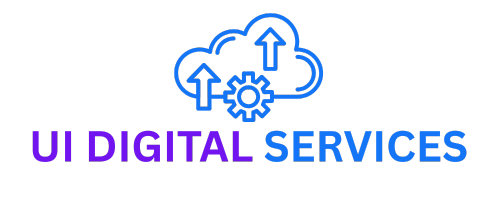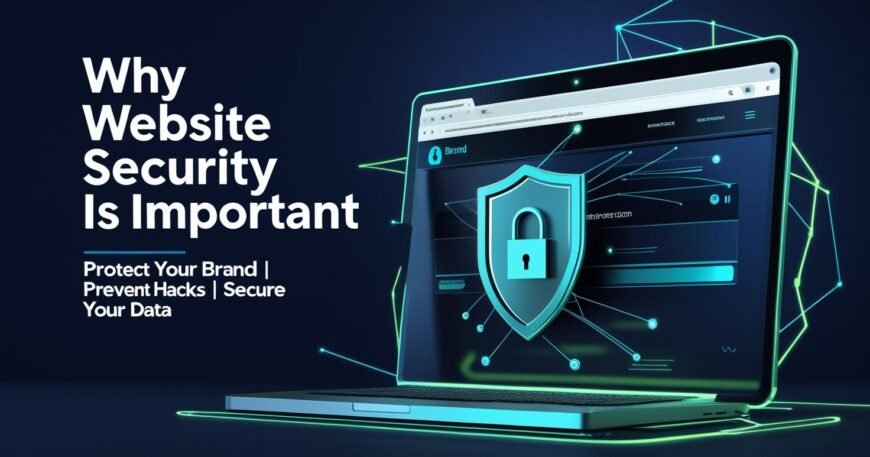In today’s digital world, your website is often the first point of contact between your business and potential customers. But while many entrepreneurs focus on design, SEO, and content, website security is often overlooked — until it’s too late.
Website security isn’t just about protecting your data — it’s about safeguarding your brand reputation, customer trust, and revenue.
In this post, we’ll break down why website security matters and what you can do to protect your online presence.
🛡️ 1. Protects Customer Data
If your website collects personal information, such as names, emails, addresses, or payment details, it’s your responsibility to keep that data safe. A breach can lead to:
-
Identity theft
-
Fraudulent transactions
-
Loss of customer trust
Failing to protect user data can also expose you to legal and regulatory consequences, especially with laws like GDPR or CCPA in place.
🧠 2. Preserves Your Brand Reputation
A single security incident — like your website being flagged as “dangerous” by Google — can ruin years of hard work. A hacked website that displays malware, redirects users to spammy sites, or shows defaced pages sends a clear message: your brand is not trustworthy.
It’s incredibly difficult (and expensive) to regain trust once it’s lost.
🔎 3. Helps You Stay Visible on Google
Google and other search engines blacklist thousands of websites daily for being infected with malware or hosting phishing content.
If your site is blacklisted:
-
Your traffic plummets
-
You lose rankings
-
Visitors see a “deceptive site” warning
A secure site helps protect your SEO efforts and keeps your site accessible to both users and search engines.
💸 4. Prevents Revenue Loss
Whether you’re running an e-commerce store or lead-generation site, downtime or malicious attacks can directly affect your bottom line. Common threats include:
-
DDoS attacks that take your site offline
-
Form spam that clogs your CRM or email
-
Cart hijacking or fake orders
Securing your website minimizes the risk of costly disruptions.
🧑💼 5. Builds Trust With Visitors and Clients
Your audience wants to feel safe when visiting your website. When they see:
-
SSL certificates (HTTPS)
-
Trust seals
-
Fast loading times with no pop-ups or warnings
They feel confident engaging with your brand — signing up, purchasing, or returning.
⚙️ 6. Keeps Your Website Running Smoothly
Security plugins like Wordfence, Sucuri, or iThemes Security help monitor your site, block suspicious login attempts, and scan for malware. These tools act as your digital bodyguard, keeping your site fast and clean behind the scenes.
✅ Best Practices to Improve Website Security
Here are some essential steps you should take:
-
Install SSL (HTTPS)
-
Use strong passwords and change them regularly
-
Keep WordPress, plugins, and themes updated
-
Enable firewalls and brute force protection
-
Backup your website regularly
-
Limit user access and permissions
-
Use a reliable security plugin (like Wordfence or Sucuri)
Final Thoughts
Website security is no longer optional — it’s a business necessity. From protecting sensitive customer data to preserving your brand image, security should be a top priority for every website owner.
Need help securing your site? At UI Digital Services, we offer comprehensive WordPress security solutions, regular audits, and real-time protection to keep your business safe 24/7.
💬 Contact us today to secure your website and build customer trust with confidence.



